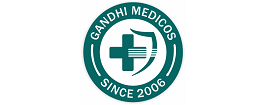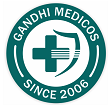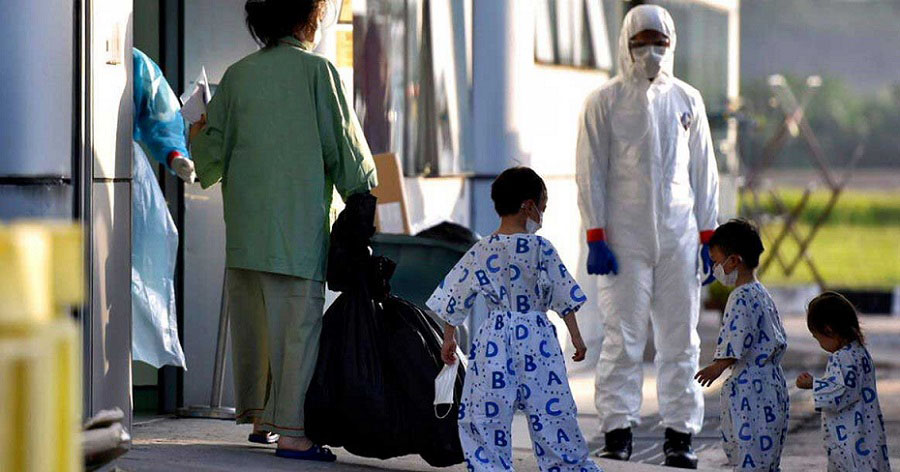When Should Coronavirus Testing be Done?

WHAT IS CORONAVIRUS?
Coronaviruses are a group of viruses that cause illness and severe respiratory diseases. It is commonly known as COVID-19, and it passes between animals and humans. Coronavirus spreads by coming in contact with the infected person or touching the objects that may have viruses on them.
To protect yourself from the deadly coronavirus, wash your hands regularly with soap and water, wear masks, avoid going out in public, stay at home, maintain cleanliness, and avoid coming in contact with people. Symptoms of the coronavirus disease are fever, cough, headache, and sore throat.
WHEN SHOULD YOU GET YOURSELF TESTED?
Coronavirus spreads quickly from person to person if proper safety measures are not taken.
- The right time to seek medical help is when you have the symptoms of coronavirus. If you have breathing problems and other coronavirus symptoms, monitor yourself first. Check whether it’s a respiratory infection or coronavirus infection.
- If the fever and cold last for more than 10 days, get yourself tested.
- It is always better to seek a doctor’s help when you start facing respiratory problems. If it still doesn’t get better, then get yourself tested for COVID-19.
- If the test is positive, isolate yourself and seek medical help. Follow all the safety measures to avoid the infection from spreading. Stay at home and don’t come in contact with anyone.
Wash your hands frequently, don’t touch your face with your hands and use disposable tissues while sneezing.
- Until you recover completely, avoid meeting people and follow all medical procedures. The recovery may need time, trust the process and monitor yourself regularly.
- If the infection seems to worsen, seek urgent medical help. Since there are no vaccines available for the deadly coronavirus, you can avoid it best by taking all precautions.


 Anti Cancer Drugs
Anti Cancer Drugs Hepatitis C
Hepatitis C Meds for HIV
Meds for HIV Ayurvedic Medicine
Ayurvedic Medicine Transplant Medicine
Transplant Medicine Respiratory System
Respiratory System +91-9999064250 / 9811604424 / 9811604444
+91-9999064250 / 9811604424 / 9811604444
 8(800)100-47-90
8(800)100-47-90












